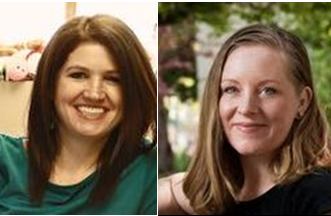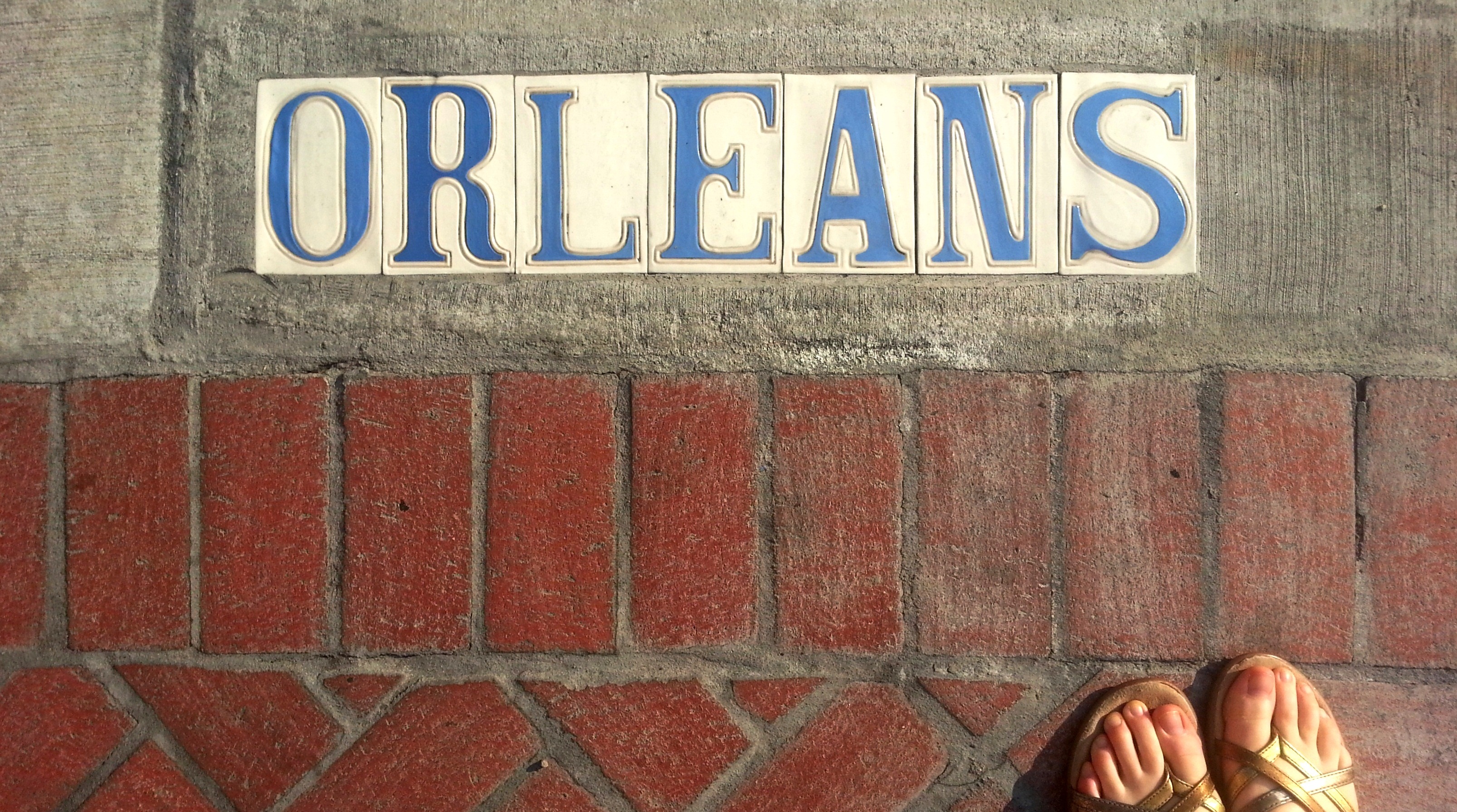HAPPY AUGUST!
New Contributor:
First and foremost, Sociological Images is pleased to welcome Marty Hart-Landsberg to our team of Contributors! Marty is a professor of Economics at Lewis and Clark College. He’s been blogging, excellently, at Reports from the Economic Front, and he brings much needed expertise and insight into economic issues. We’re so pleased that he’s joined us!
New Publications and Appearances:
Catch contributor Caroline Heldman talking about the debt ceiling debate on Fox Business Channel’s Follow the Money tonight at 10 p.m. EST. Heldman appeared on The Factor, Neil Cavuto’s Show, The Hannity Show, Freedomwatch, Bulls & Bears, and Follow the Money 14 times last month.
I’m very excited to have a new publication out in the journal Ethnography. My first using ethnographic methods, the paper is an analysis of lindy hop (a social dance from the 1930s and ’40s) with which I argue that the habitus has liberating as well as conservative potential: The Emancipatory Promise of the Habitus: Lindy Hop, the Body, and Social Change. And there’re pictures!
I also wrote about 500 words on hook up culture on college campuses for the Canadian website, The Mark. I argue that hook up culture isn’t bad, it’s just-as-bad and no worse than the rest of society.
Gwen and I will both be guest blogging at Scientopia for the next two weeks. You can catch all the same material here, but check out Scientopia if you’re interested in
Finally, SocImages showed up on TIME and BoingBoing this week. Always a good time…
New Pages:
We’ve added an “Editors’ Pick” tab to our menu. Gwen and I will be slowly culling our favorite posts from the last four years and adding them. We’re excited to be able to highlight our best and most well-received stuff.
We’ve also added a “For Instructors” tab. We’ve got some stuff for you there already, but are also asking for volunteers to help make the site more useful to instructors. We’re especially excited about the possibility of putting together Course Guides that collect the best posts for common sociology courses. Check it out!
Party in Las Vegas:
The American Sociological Association is having its annual conference in Las Vegas this year. We invite all of you to the Blogger Party at 4:30pm on Sunday, August 21st at the Seahorse Lounge at Caesar’s Palace. Come by and say “hello”!
Social Media ‘n’ Stuff:
This is your monthly reminder that SocImages is on Twitter and Facebook. Learn more about your editors at my website and Gwen’s. And a bunch of us are on twitter @lisadwade, @gwensharpnv, @familyunequal, @carolineheldman, and @jaylivingston.




